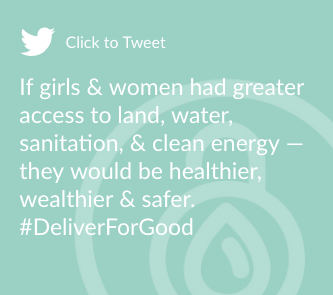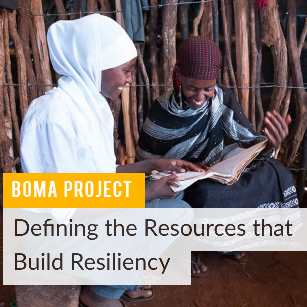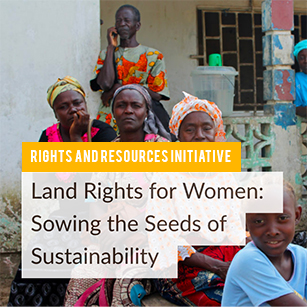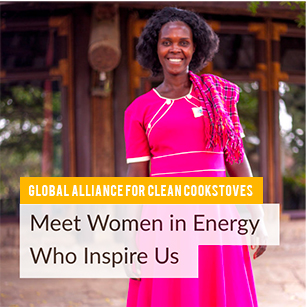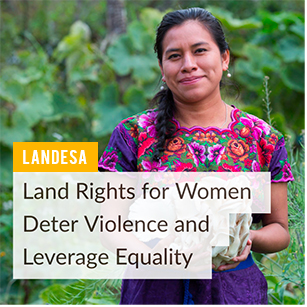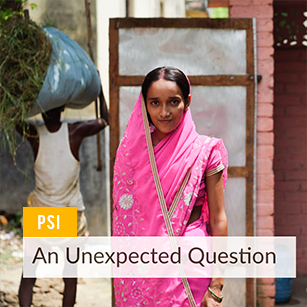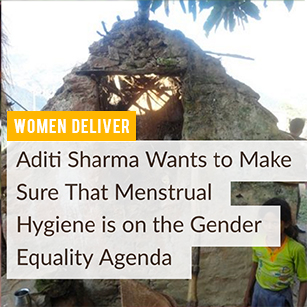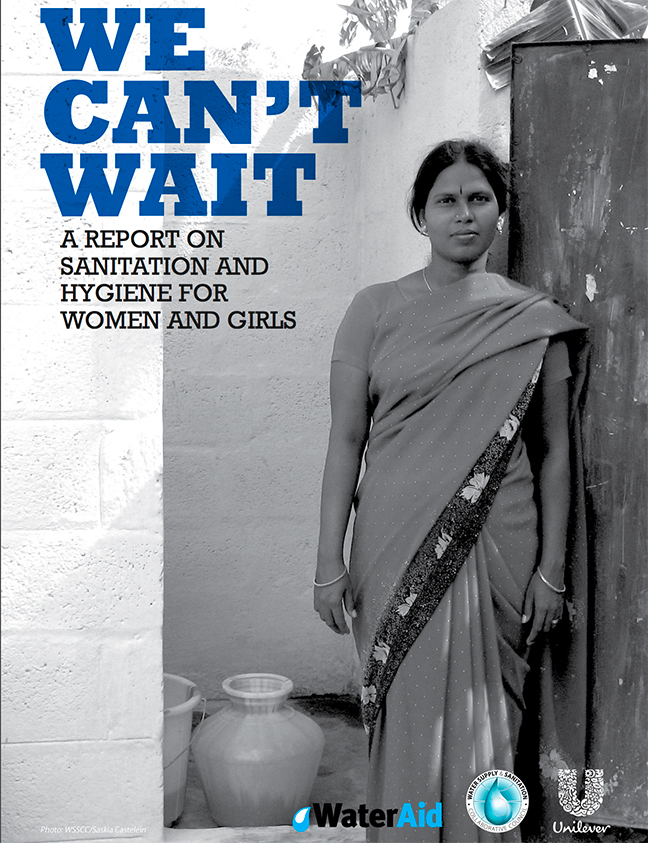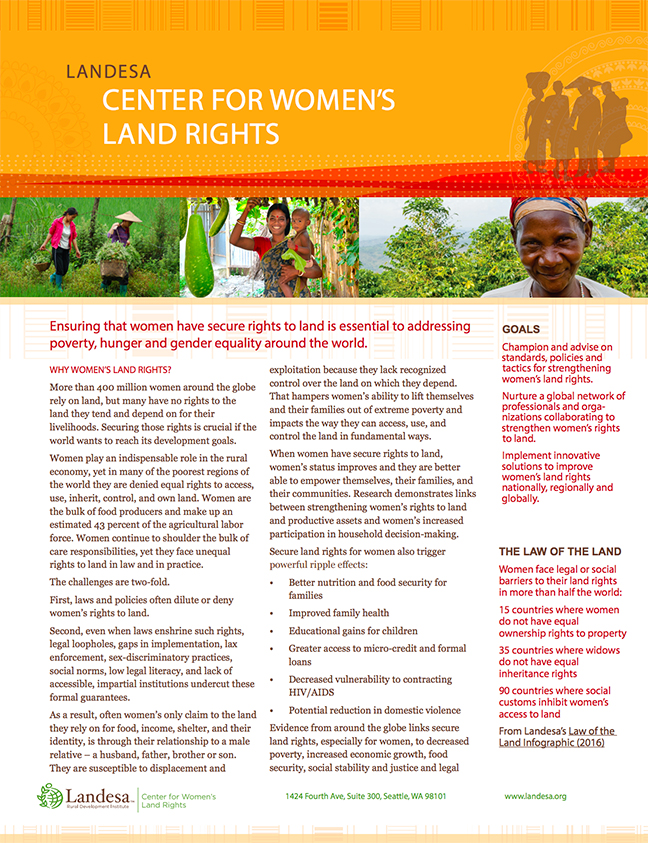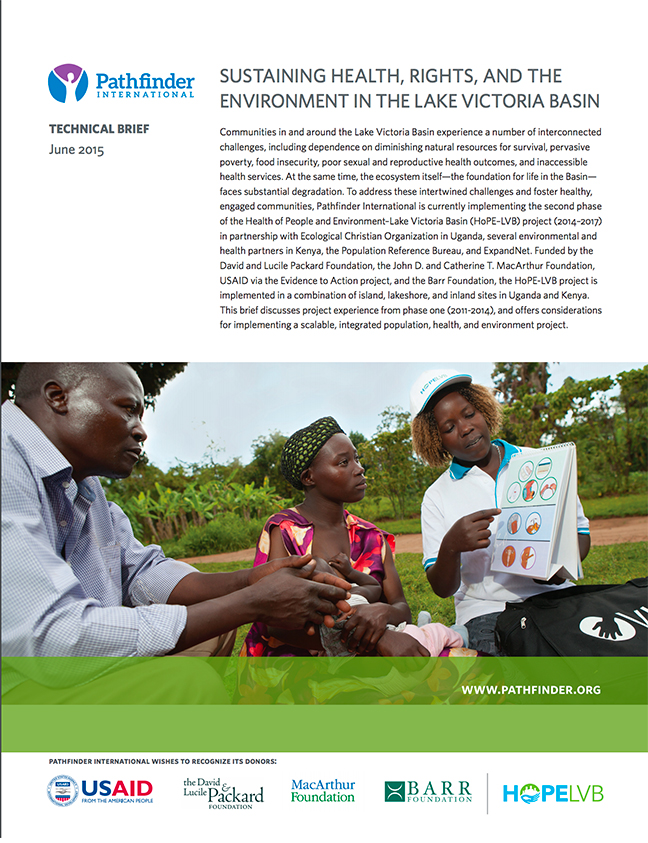Essential natural resources play a critical role in the daily lives of girls and women, especially in vulnerable situations. They are called essential for a reason. Yet, women own only 20% of the land that they farm, women and children spend up to 5 hours per day gathering fuel for household needs, and 51% of schools in low- and middle-income countries don’t have adequate access to safe water and appropriate sanitation facilities—leading to school dropout. When girls and women endure restricted access to land, water, sanitation, and clean energy, there are far-reaching consequences on their health, education, housing, and livelihoods.
It is due time for gender-sensitive approaches to our resource crisis, and more than ever before, experts are recognizing the link between essential resources and advancing economic prosperity. The World Health Organization suggests an average of US$90 billion in annual economic benefits could be accrued if half the people cooking with solid fuels switched to natural gas. And that’s just one solution.
Accelerating women’s access to water, sanitation, land, and energy has the potential to alleviate poverty across the globe. Join Women Deliver in elevating the need for women’s access to resources, not only to empower women right now, but also to improve the health and wealth of societies in the years to come.
Featured Content
With this new infographic from Landesa and Deliver for Good sheds a light on the dire need to close the land gender gap in Sub-Saharan Africa.
This piece from Founder and CEO of the BOMA Project, Kathleen Colson discusses her firsthand accounts of how women across the world are impacted by lack of access to resources.
In this video, activist, runner, and former drummer for M.I.A. Kiran Gandhi talks about running the London Marathon while bleeding freely on her period, and the stigma surrounding menstruation around the world.
Solutions in Action: Accelerate Access to Resources – Land, Clean Energy, Water, and Sanitation
Partner Resources
The We Can't Wait Report from WaterAid, Unilever, and The Water Supply and Sanitation Collaborative Council makes it clear that governments, civil society and business must work together to improve the health and prosperity of women worldwide.
This factsheet from Landesa explains why ensuring that women have secure rights to land is essential to addressing poverty, hunger and gender equality around the world.
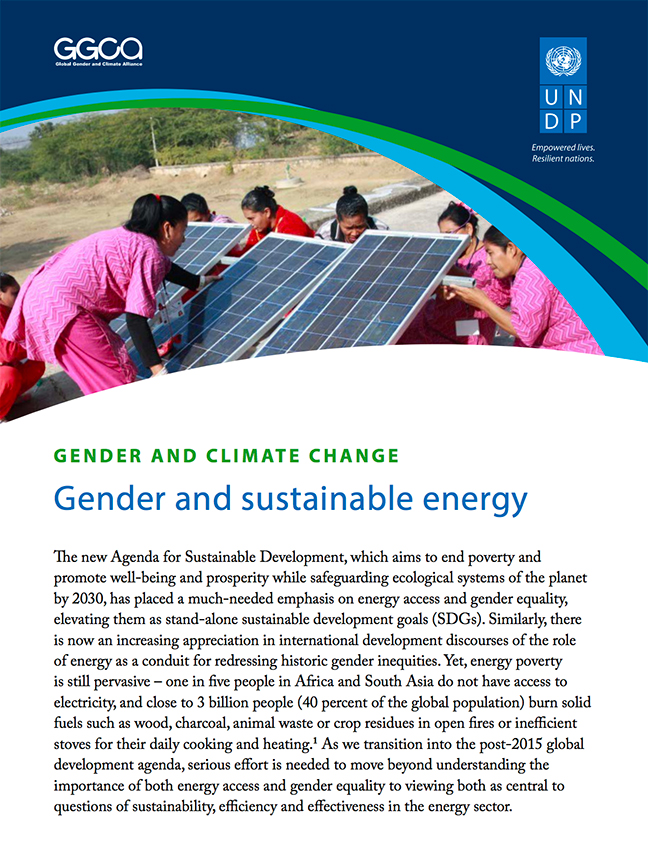
This brief from UNDP explores why the global development community needs to use a gender lens approach to energy access programmes.
